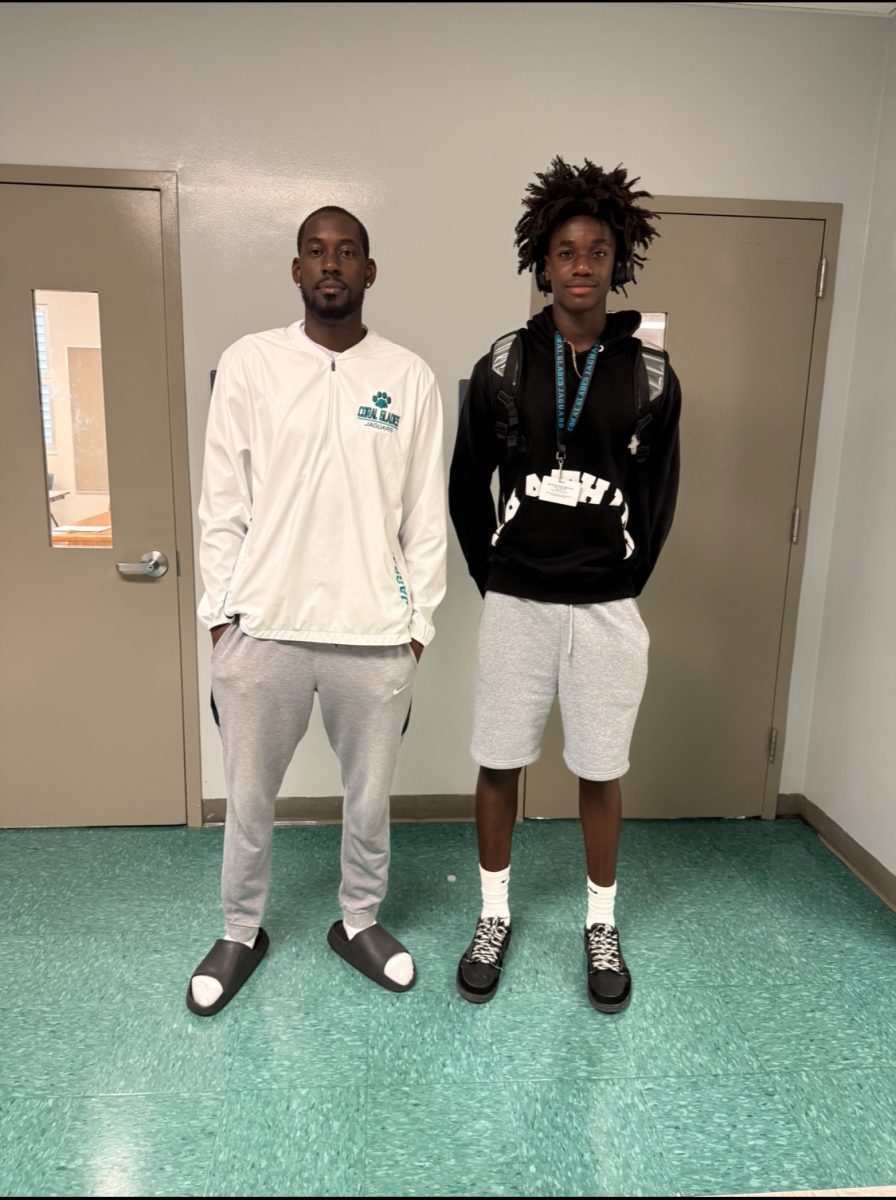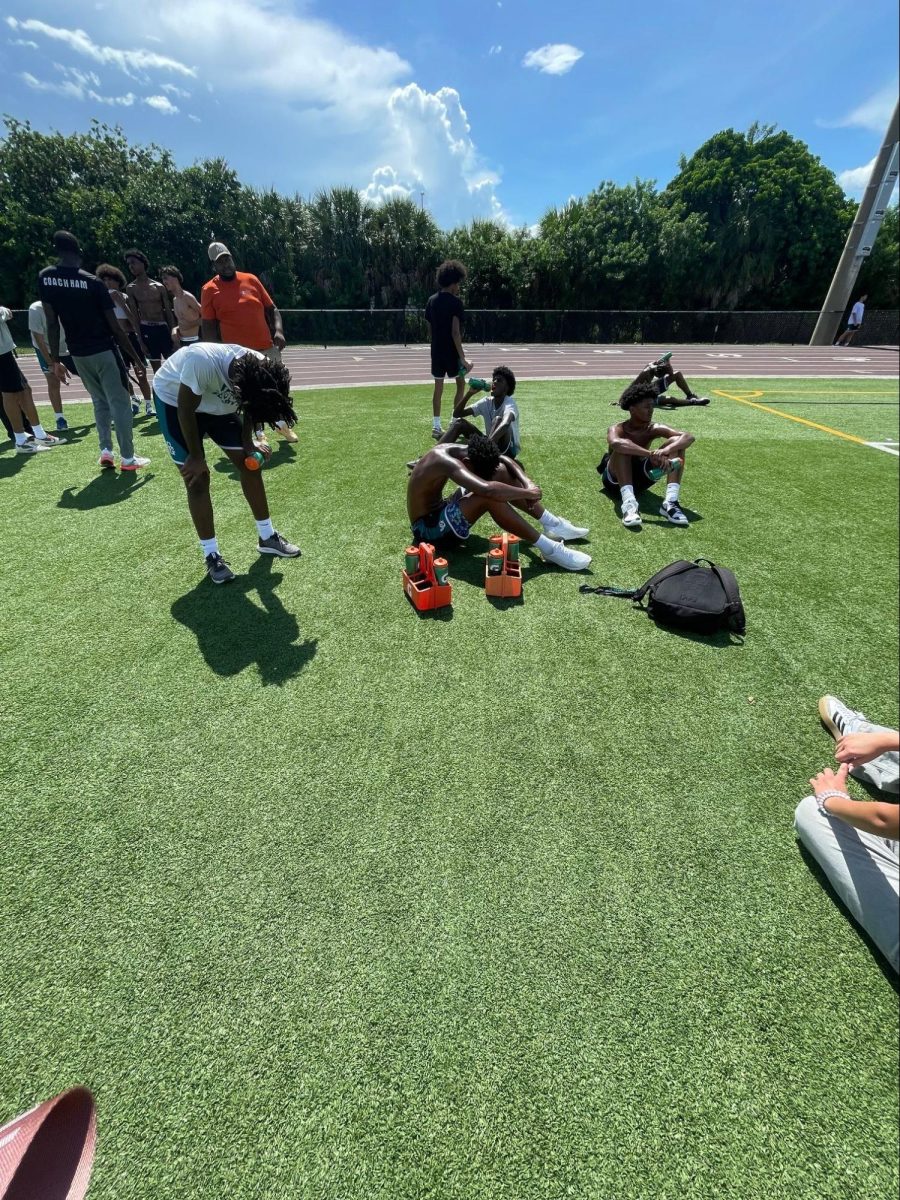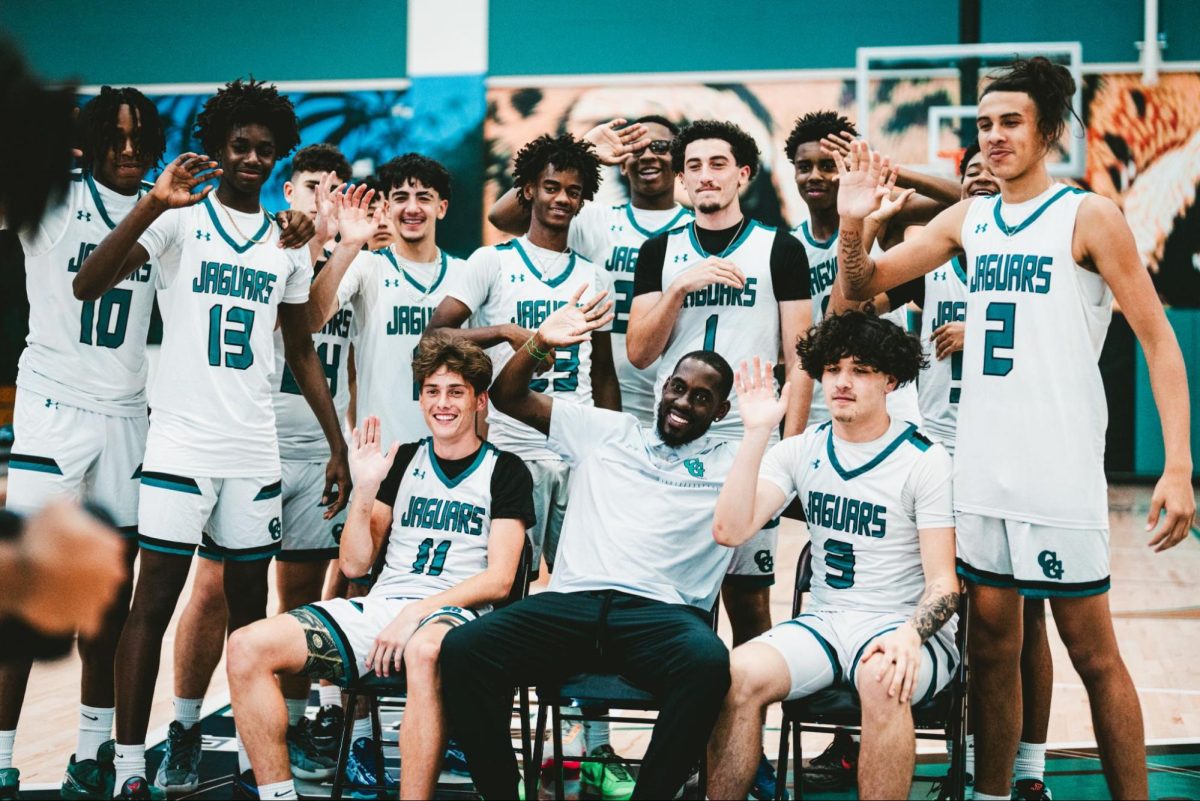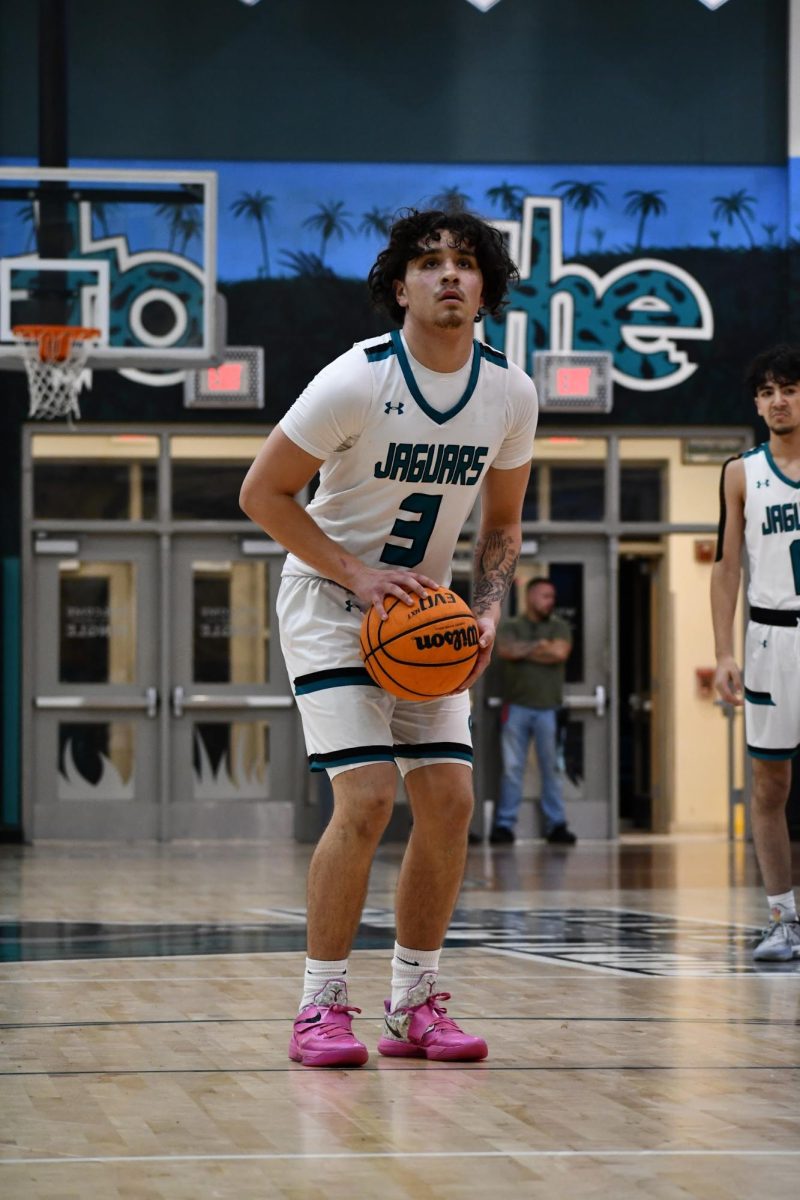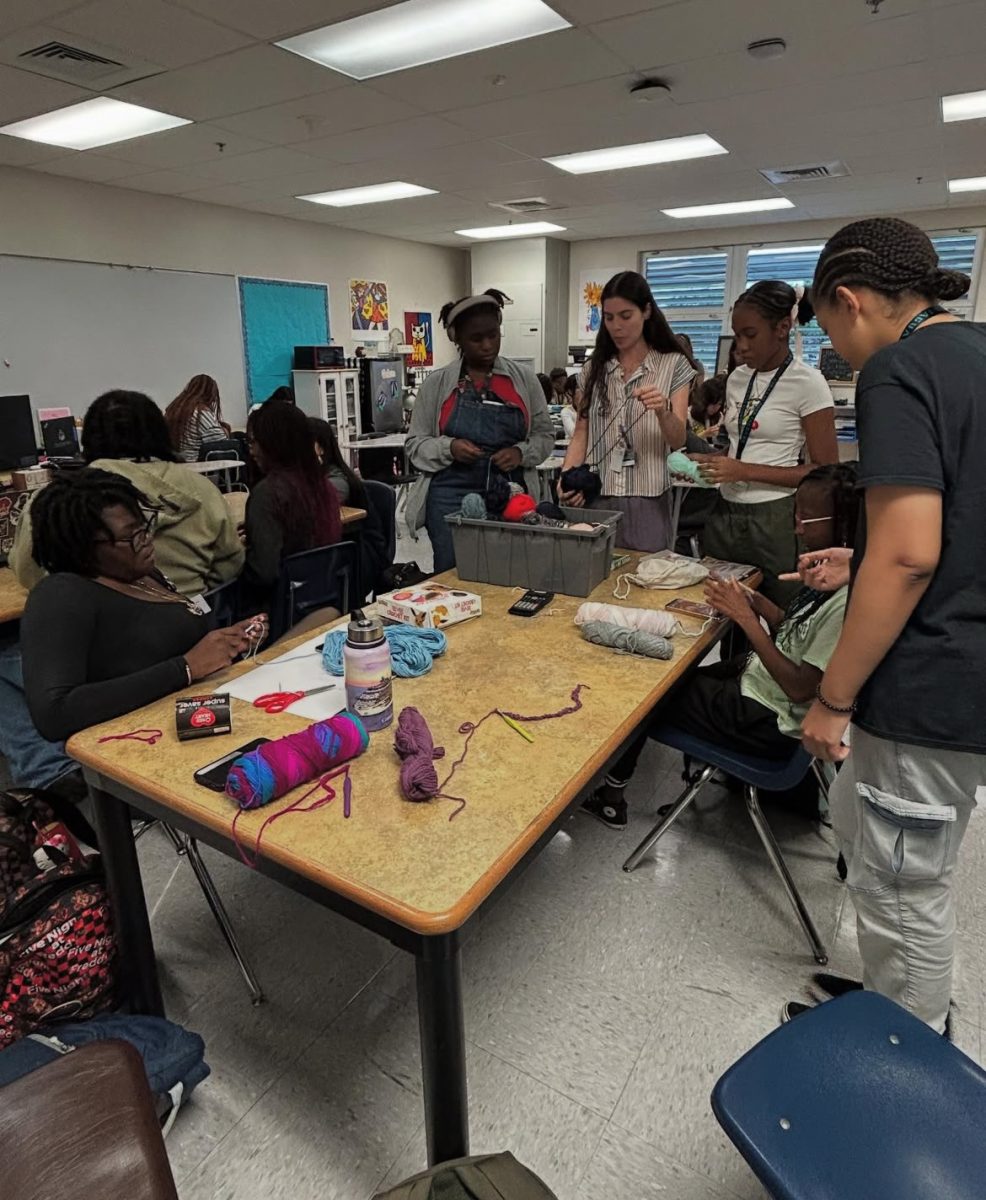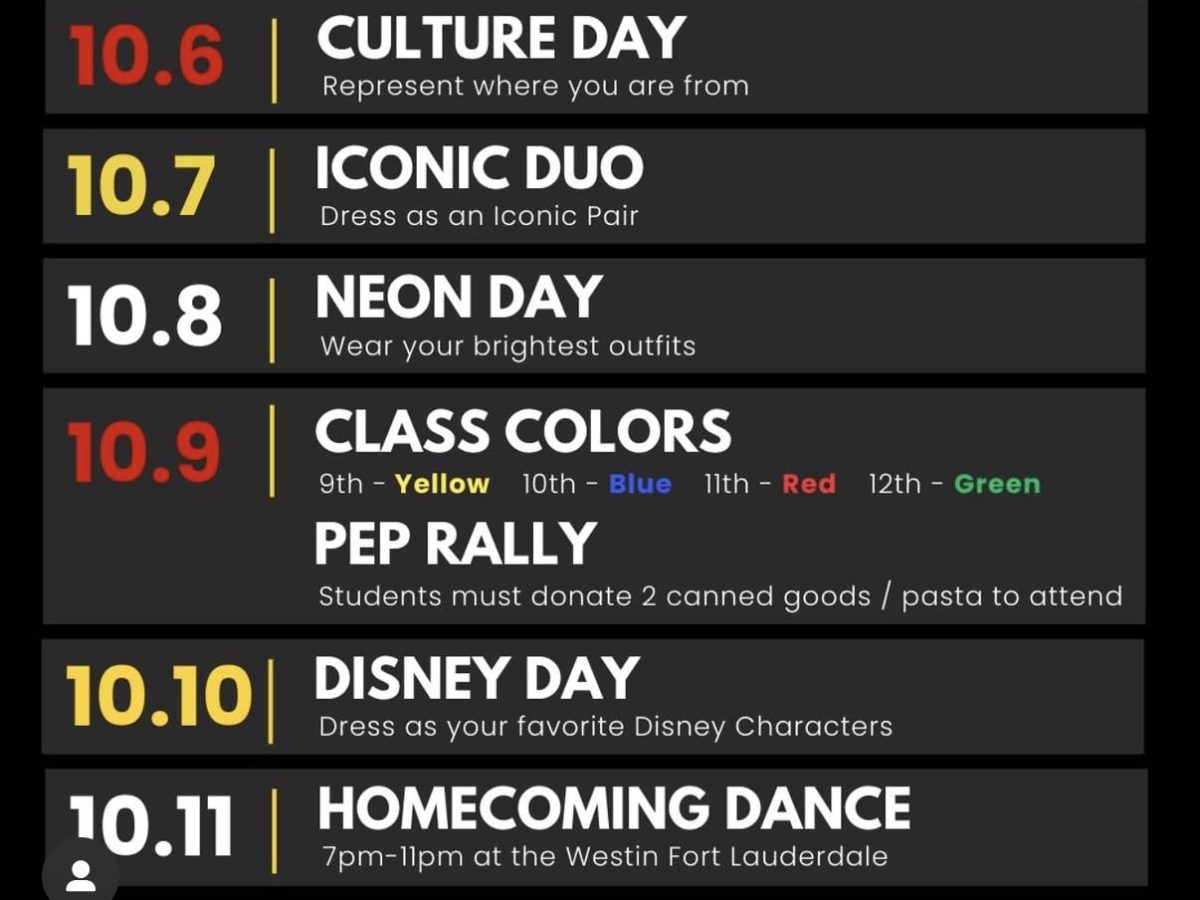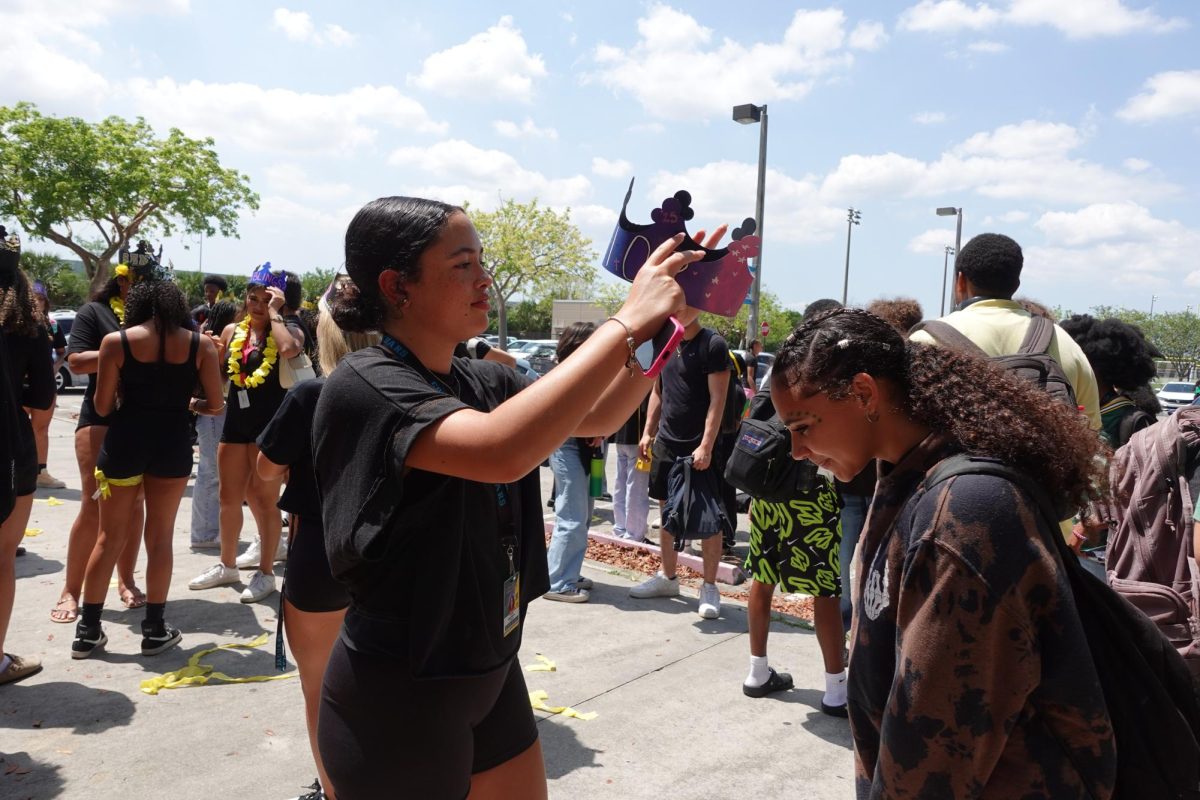Professional sports significantly impact youth in various ways. First, they provide role models for young people, showcasing the values of hard work, discipline, and perseverance. Many young athletes look up to professional players and aspire to achieve similar levels of success.
Professional sports, such as the Olympics, can inspire physical activity among the youth. Watching their favorite athletes perform can motivate them to participate in sports, improving physical health and fitness.
Athletes often serve as role models for all ages, not just young people. Their success stories can inspire people to set goals and work hard to achieve them. Athletes like LeBron James, Serena Williams, and Lionel Messi are admired not just for their skills but also for their dedication, resilience, and charitable activities.
“Sports also teach important life skills such as teamwork, leadership, and time management,” says Deidra Dixon
Lots of professional athletes emphasize the importance of education. Programs and scholarships funded by sports organizations or athletes themselves can provide educational opportunities for youth, encouraging them to balance their academics with athletics.
Engaging in sports can help develop social skills and build friendships. It can also provide a constructive outlet for stress and emotions. The sense of being a part of a team can boost self-esteem and confidence.
However, there are also potential negative influences. The intense pressure to succeed in sports can lead to stress and burnout among young athletes. Additionally, the commercialization of sports can sometimes promote unhealthy behavior, such as the use of performance-enhancing drugs.
The pressure to perform at high levels can lead to stress, anxiety, and burnout among young athletes. It’s crucial for coaches and parents to ensure that sports remain enjoyable and not only based on their performance.
The alluring lifestyle of professional athletes can sometimes create unrealistic expectations. Not all young athletes will make it to the professional level, and it’s important to have a balanced perspective on sport and career aspirations. It’s important to educate youth about ethical behavior in sports.
Some ways that young athletes can connect with professional athletes are through social media, sport camps, community events, mentorship programs, and even networking at games!
While professional sports can positively influence youth by promoting physical activity and providing role models, it’s essential to address and mitigate the potential negative impacts.
Olympians can inspire people by sharing their stories. For example, their background, dedication, success, and perseverance.
“Professional athletes encourage others to be the best they can,” says Omari Clark
In conclusion, while professional sports can have a positive influence on youth it’s important to be mindful of the potential negative impacts and address them appropriately.




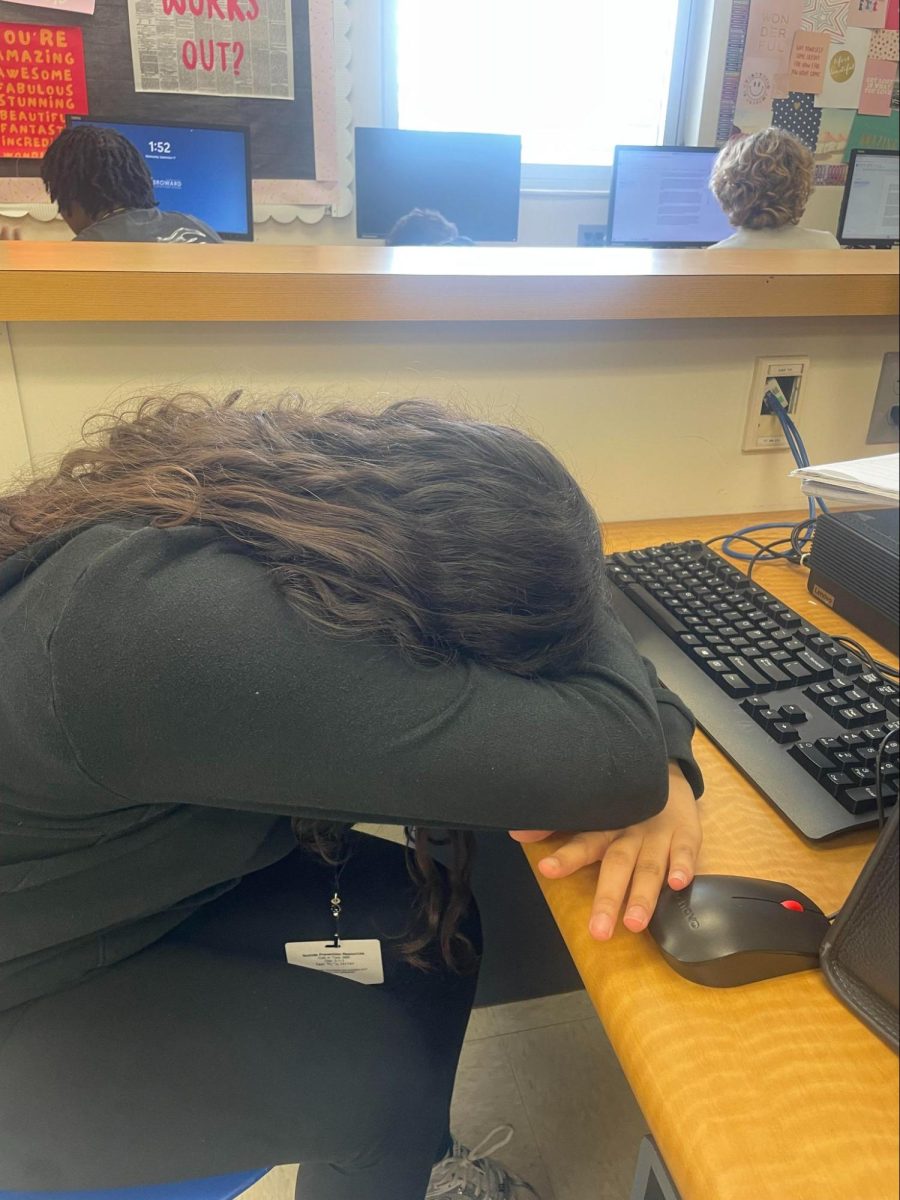


![[Photograph of an Italian sandwich] Photo Creds: https://www.thepioneerwoman.com/food-cooking/recipes/a42398453/italian-sandwich-recipe/](https://cghstheprowl.com/wp-content/uploads/2025/10/image1.png)











